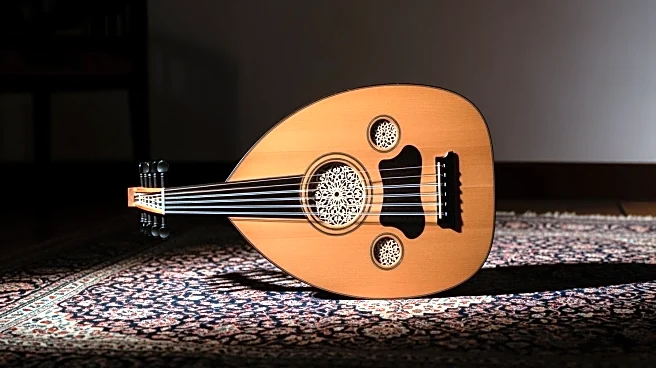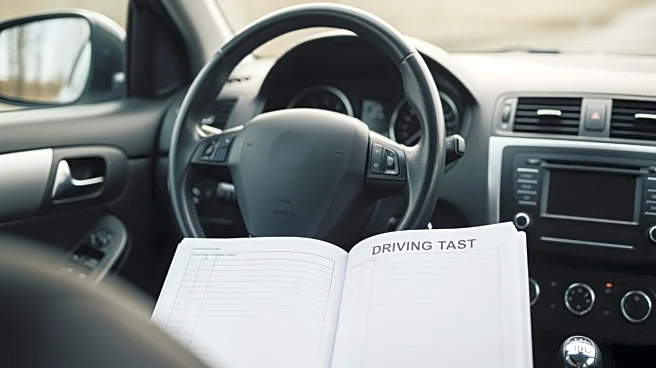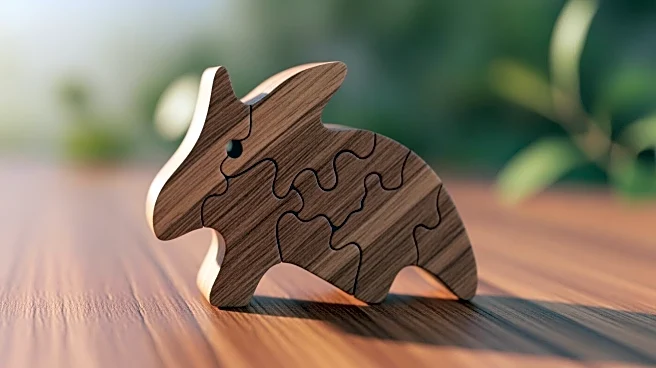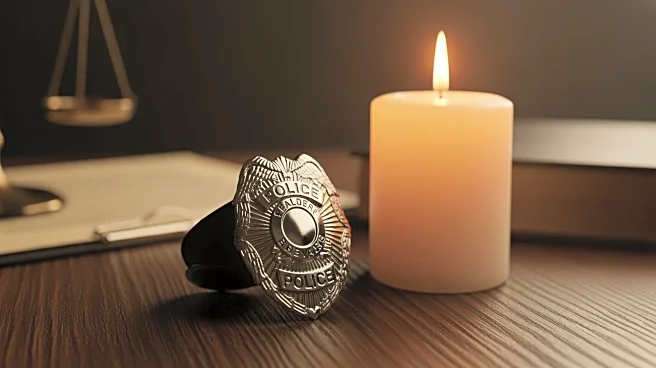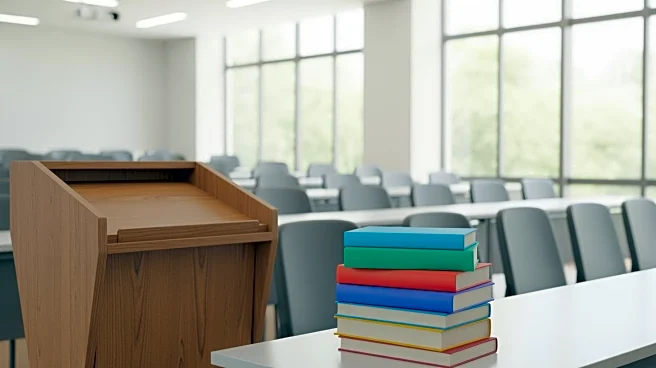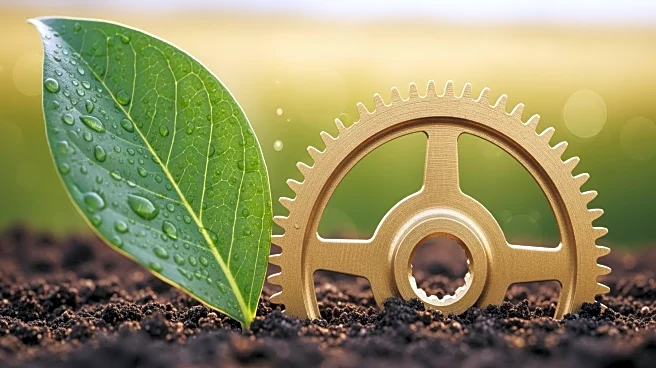What's Happening?
The Jerusalem International Oud Festival is set to commence on November 6, featuring prominent Israeli musicians Ehud Banai and Shalom Hanoch. The festival, known for celebrating the oud, a traditional
Middle Eastern string instrument, will open with an improvised performance by these artists. Ehud Banai, a respected figure in Israeli music, invited Shalom Hanoch, recognized as one of the best Israeli blues players, to join him for the festival's opening act. This collaboration promises to bring a unique blend of musical styles to the event, highlighting the versatility and cultural significance of the oud.
Why It's Important?
The Jerusalem International Oud Festival plays a crucial role in promoting cultural exchange and preserving traditional music. By featuring renowned artists like Ehud Banai and Shalom Hanoch, the festival not only attracts attention to the oud but also fosters appreciation for diverse musical genres. This event contributes to the cultural landscape by bridging contemporary and traditional music, offering audiences a rich auditory experience. The involvement of high-profile musicians underscores the festival's importance in the Israeli music scene and its potential to influence broader cultural dialogues.
What's Next?
As the festival unfolds, attendees can expect a series of performances that showcase the oud's versatility across different musical styles. The collaboration between Ehud Banai and Shalom Hanoch may inspire future partnerships among artists, further enriching the festival's offerings. The event is likely to draw significant media attention, potentially increasing international interest in the oud and Middle Eastern music. Organizers may leverage this momentum to expand the festival's reach and influence in subsequent years.
Beyond the Headlines
The festival's emphasis on the oud highlights broader themes of cultural preservation and innovation. By integrating traditional instruments into modern performances, the event challenges perceptions of cultural heritage, encouraging audiences to explore the intersections of history and contemporary art. This approach not only preserves the oud's legacy but also ensures its relevance in today's musical landscape, fostering a deeper understanding of Middle Eastern culture.
